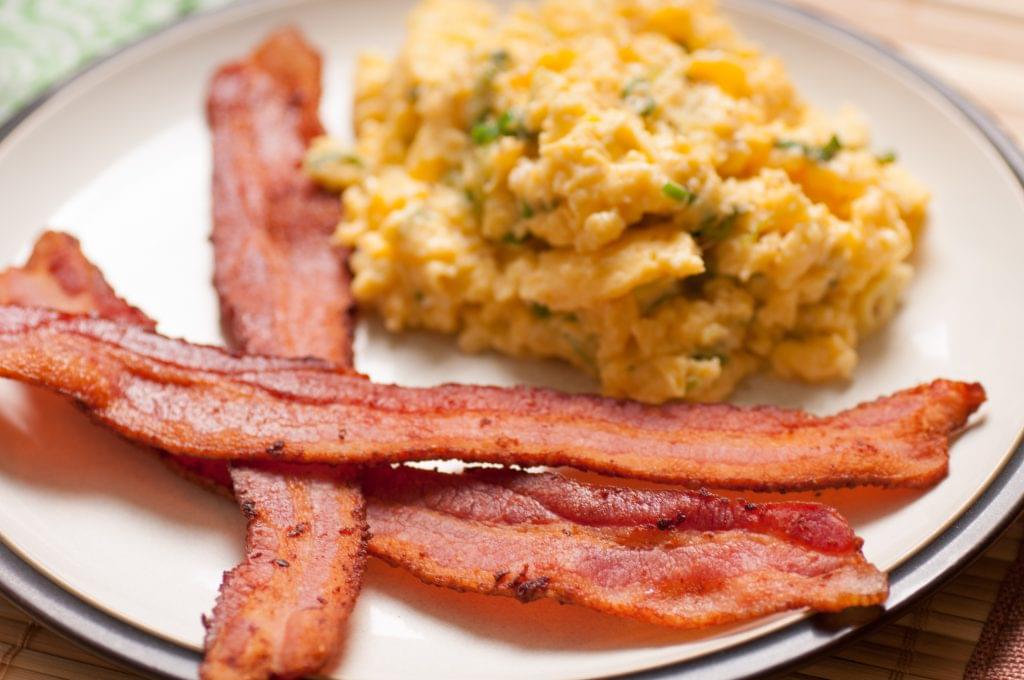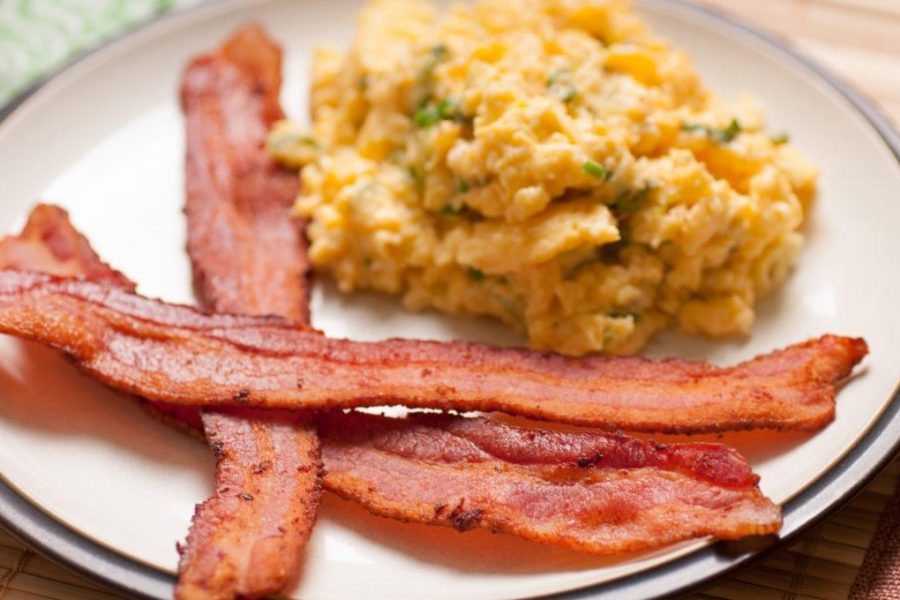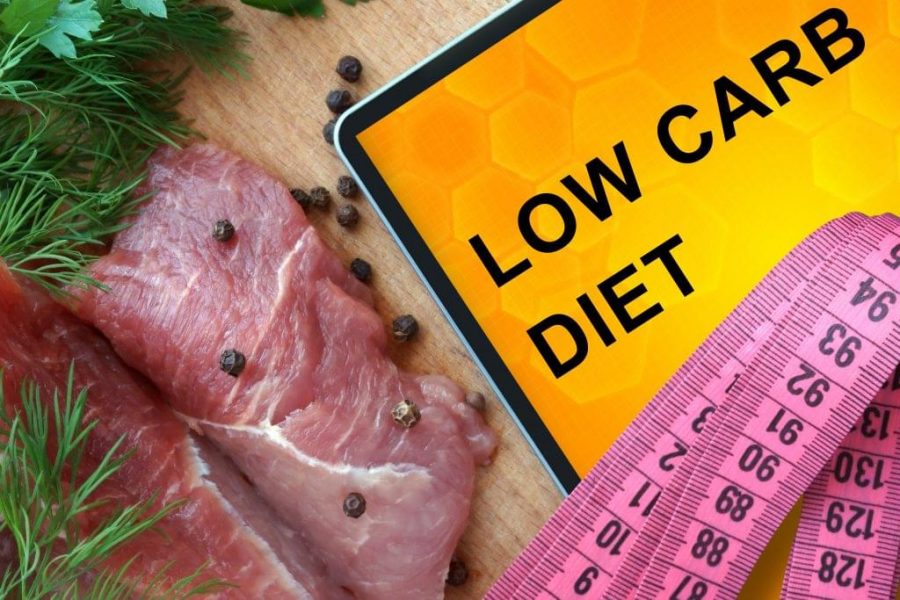Ketogenic Diet Cancer Treatment
High Carb Diet Cancer | Ketogenic Diet Cancer | Ketogenic Diet Scientific Study | Ketogenic Diet Cancer Research
Ketogenic diet cancer treatment has shown some great potential in managing cancer. Now, you must have heard that cancer cells love glucose, which comes from carbs. Keto diet is loaded with good fat, a moderate amount of protein and little or no carb, which literally starves the cancerous cells to death.
Although ketogenic diet cancer treatment sounds promising, you should not postpone or replace your primary medical treatment with it.
What Is Ketogenic Diet Cancer Treatment?
 Cancer kills almost 1600 people every day in America. A combination of surgery, chemotherapy and radiation is the most common way to treat cancer. However, as an alternative treatment, you cannot fully ignore the value of keto diet. The main rule of any successful cancer treatment is by discriminating between the normal and cancerous cells. In a keto diet, there is a restriction of carbs and the body starts burning fats. The healthy cells can abruptly switch to fat, but the cancer cells can’t. In shortage of glucose, the cancer cells gradually die.
Cancer kills almost 1600 people every day in America. A combination of surgery, chemotherapy and radiation is the most common way to treat cancer. However, as an alternative treatment, you cannot fully ignore the value of keto diet. The main rule of any successful cancer treatment is by discriminating between the normal and cancerous cells. In a keto diet, there is a restriction of carbs and the body starts burning fats. The healthy cells can abruptly switch to fat, but the cancer cells can’t. In shortage of glucose, the cancer cells gradually die.
Why Should You Try Ketogenic Diet Cancer Treatment?
It is evident that high insulin level increases the cancer risk and decreases the survival of the person already living with cancer. According to a study, high consumption of glucose (carbs) can cause cancer. In another study, conducted by the John Hopkins restricting glucose has a positive effect on colorectal cancer.
Moreover, there is evidence indicating that restricting daily calorie intake to below 15% may facilitate cancer survival.
 Apart from insulin, increased glutamine level contributes to the growth of cancer. Fasting can reduce both of them and boost the immune system and contribute to higher survival in cancer. Unfortunately, 70% of cancer patients cannot stick to the fasting even if it restricts cancer development, reduces the side effects. A 24-hour fasting may lead you to ketosis. On the other hand, a keto diet allows you to consume healthy fats, but lowers the carb and protein intake and thus put you into ketosis. So, you don’t really need to fast to achieve it.
Apart from insulin, increased glutamine level contributes to the growth of cancer. Fasting can reduce both of them and boost the immune system and contribute to higher survival in cancer. Unfortunately, 70% of cancer patients cannot stick to the fasting even if it restricts cancer development, reduces the side effects. A 24-hour fasting may lead you to ketosis. On the other hand, a keto diet allows you to consume healthy fats, but lowers the carb and protein intake and thus put you into ketosis. So, you don’t really need to fast to achieve it.
Keto Diet for Cancer: Warning
Some cancer start burning glutamate when you are put in a carb-restricting situation. The body doesn’t make glutamate, it is readily available in the nerves and body muscles. It’s made from glutamine, glucose and folic acid. It fuels cancer and spreads the metabases.
Hence, it is very important to restrict protein consumption as it plays an important role in glutamine production. However, it is pretty impossible to control glutamate production in the body.
Keto Diet Cancer Rules
 No carby food except low-carb vegetables. Forget your favorite glass of fruit juice in the morning.
No carby food except low-carb vegetables. Forget your favorite glass of fruit juice in the morning.- Eat protein moderately, but it has to be fresh and high-quality.
- Survive on good fats – fish oil, coconut oil, nuts like walnuts, flaxseed, almond, avocado. You may have dairy products of grass-fed animals only, but in limitation. NO trans-fat, please!
- It should be followed under strict medical supervision.
Keto Diet Meal Plan That Can Weaken Cancer
According to the ketogenic diet definition, one must follow a strict low-carb, high-fat and moderate-protein diet to get into ketosis, where the body creates ketone bodies and lowers insulin levels.
It should ideally consist of 70 to 80% fat, 15 to 20% protein and 5 to 10% carb. Lowered insulin weakens the cancer cells. However, you must focus on including healthy fats only. Here, is a list of food that you should munch on;
Fats: Avocados, whole egg, coconut oil, olive oil, salted butter, cheese, nuts and seeds like walnut, almonds, macadamia.
Carb: Kale, spinach, celery, asparagus, Brussels sprouts, cabbage, broccoli, cauliflower.
Protein: Grass-fed animal products, chicken thighs, grass-fed beef, wild-caught fish and seafood, and grass-fed organic full-fat dairy.
Further, foods like low-carb fermented foods or drinks, lemon, apple-cider vinegar dried herbs neutralize the acidity and increase cellular oxygenation, which help kill the cancer cells.
You are also recommended using non-synthetic supplements like multivitamins, probiotics and omega-3 while practicing ketogenic diet cancer treatment. However, you must consult your doctor before using keto diet for cancer treatment.
High Carb Diet Cancer | Ketogenic Diet Cancer | Ketogenic Diet Scientific Study | Ketogenic Diet Cancer Research














